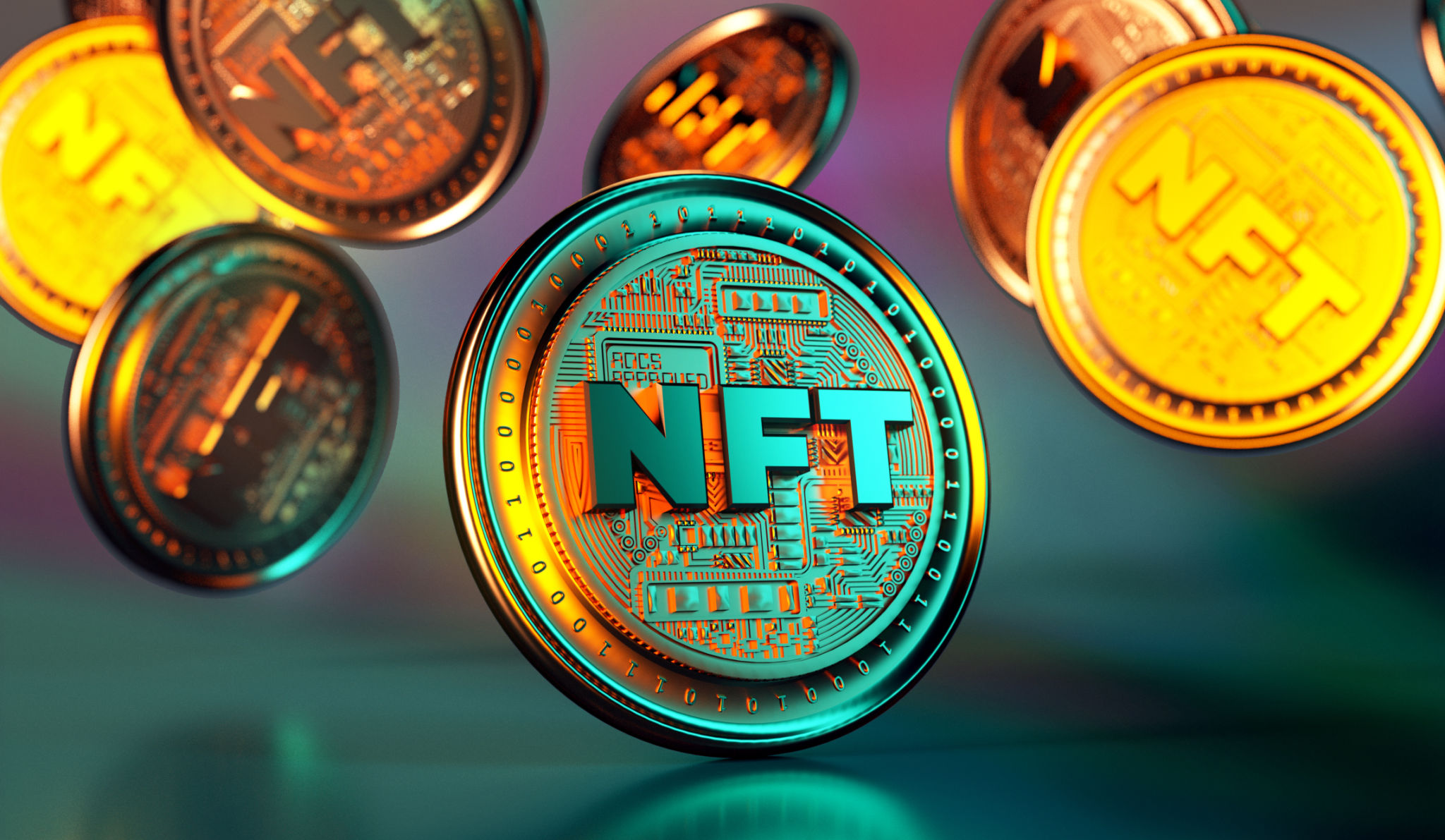Exploring the Latest Trends in the Web3 Ecosystem
The Rise of Decentralized Finance (DeFi)
The Web3 ecosystem has been revolutionizing various sectors, and one of the most notable developments is the rise of Decentralized Finance, or DeFi. Unlike traditional finance systems, DeFi operates without intermediaries like banks or brokers. Instead, it utilizes blockchain technology to facilitate financial services directly between users, offering greater transparency and accessibility.
DeFi platforms are growing rapidly, with applications ranging from lending and borrowing to asset trading and yield farming. This growth is largely driven by the promise of higher returns and the empowerment of users who wish to manage their own financial assets without relying on traditional financial institutions.

Non-Fungible Tokens (NFTs) and Digital Ownership
Another significant trend in the Web3 ecosystem is the proliferation of Non-Fungible Tokens (NFTs). These digital assets represent ownership of unique items or content, such as art, music, or even virtual real estate. NFTs have transformed how creators monetize their work, providing them with new revenue streams and more control over their intellectual property.
The NFT market has exploded over the past few years, attracting artists, musicians, and investors alike. This boom in digital ownership highlights a shift towards valuing digital assets as much as physical ones, further bridging the gap between the digital and physical worlds.

The Integration of Web3 in Gaming
The gaming industry is another sector embracing Web3 technology. Blockchain-based games are introducing concepts like play-to-earn, where players can earn cryptocurrency or NFTs through gameplay. This model not only enhances player engagement but also offers new economic opportunities for gamers worldwide.
Moreover, blockchain technology ensures transparency and fairness in gaming by providing immutable records of in-game transactions and achievements. This technological integration is fostering a new era of gaming, where players have real ownership of their digital assets and achievements.

Decentralized Autonomous Organizations (DAOs)
Decentralized Autonomous Organizations, or DAOs, are becoming an integral part of the Web3 landscape. DAOs are organizations governed by smart contracts on a blockchain, where decisions are made collectively by token holders. This model promotes a more democratic approach to decision-making and operational management.
DAOs are being used for various purposes, from managing investment funds to governing open-source projects. They exemplify the potential of decentralized governance structures to provide more equitable and transparent management solutions.
Web3 and Data Privacy
As concerns about data privacy continue to grow, Web3 technologies offer promising solutions. By decentralizing data storage and giving users control over their information, Web3 aims to enhance privacy and security online. This shift is crucial in an era where data breaches and invasive tracking are prevalent.
Web3 tools like decentralized identity systems allow users to authenticate themselves online without revealing personal information. This capability not only protects user privacy but also reduces the risk of identity theft and data misuse.

The Future of Web3
The Web3 ecosystem is still in its early stages, but its potential is immense. As more industries recognize the benefits of decentralization, we can expect further innovation and adoption across various sectors. The ongoing development of Web3 technologies promises to reshape the internet as we know it, creating a more open, transparent, and equitable digital world.
However, challenges such as scalability, regulatory hurdles, and user education remain. Addressing these obstacles will be crucial for the sustainable growth and mainstream adoption of Web3 technologies.